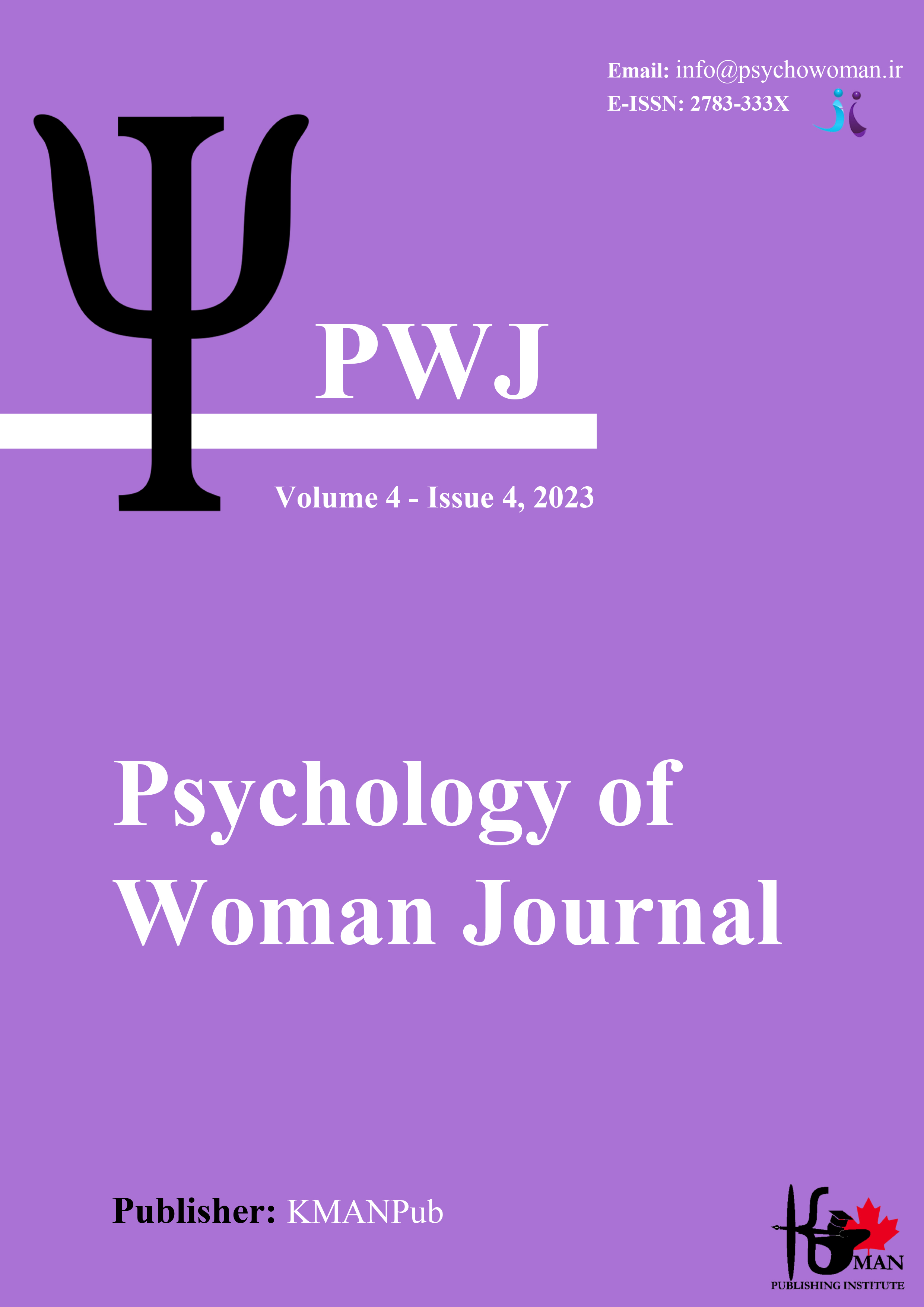Effectiveness of Cognitive-Behavioral Therapy on Cognitive Emotion Regulation and Anxiety in Divorced Women
Keywords:
Cognitive-behavioral therapy, anxiety, cognitive emotion regulation, divorce, womenAbstract
Objective: Emotion regulation encompasses skills related to the awareness and assessment of emotions, their regulation, and the adaptive use of them. The current study was conducted to examine the effectiveness of cognitive-behavioral therapy on cognitive emotion regulation and anxiety in divorced women.
Methods and Materials: The research method was a quasi-experimental design with pre-test and post-test with a control group and random assignment. The sample size included 30 divorced women from the welfare counseling centers in areas 1 and 2 of Tehran, who were assessed in two groups (15 participants each) using convenience sampling and randomized replacement in the experimental and control groups. The experimental group participated in 12 sessions of cognitive-behavioral therapy by Heimberg and Becker (2002), while the control group received no intervention. Data were collected using the Cognitive Emotion Regulation Questionnaire (CERQ) by Garnefski and Kraaij (2006) and the Beck Anxiety Inventory (1990). For analyzing the results, descriptive statistics followed by multivariate analysis of covariance and univariate analysis of covariance were used with SPSS.22 software.
FindingsResults showed that cognitive-behavioral therapy led to an increase in positive emotions (p < 0.01) and a reduction in negative emotions (p < 0.01) and anxiety (p < 0.01) in the experimental group compared to the control group.
Conclusion: Therefore, cognitive-behavioral therapy was effective and contributed to the improvement of cognitive emotion regulation and anxiety in divorced women. It is also beneficial in enhancing their mental health and assisting in improving their life conditions.
Downloads
Downloads
Additional Files
Published
Issue
Section
License
Copyright (c) 2023 Mahrokh Sadat Rasti (Author); Akbar Mohammadi (Corresponding Author)

This work is licensed under a Creative Commons Attribution-NonCommercial 4.0 International License.










